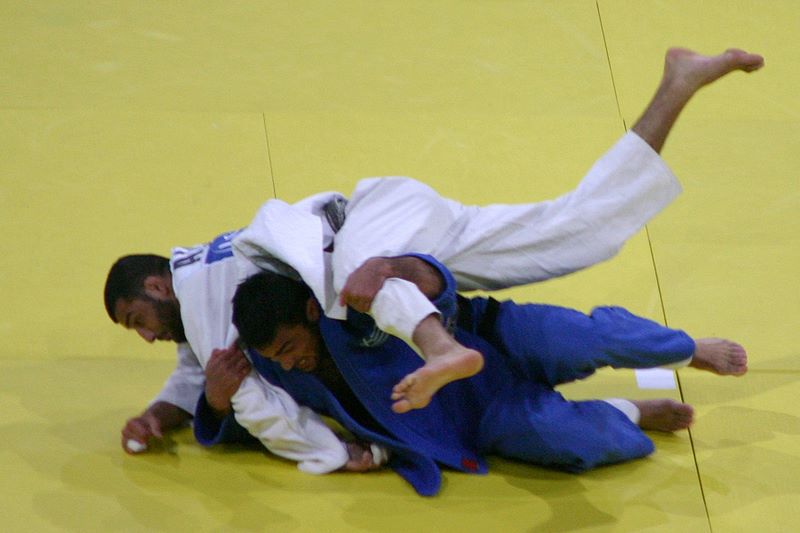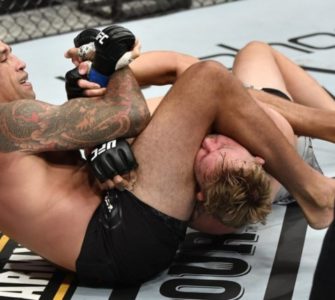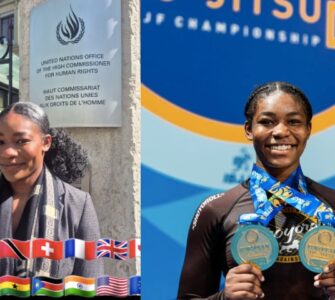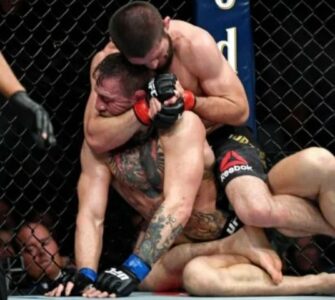Judo is one of those arts who are always trying to make themselves more attractive in order to advance the art. This has been a defining principle among many rule changes Judo has survived over the years.
When the 2018 rule guidelines went out there was one notable difference:
starting January 1st Leg grabs will be considered a normal shido. This means that a single leg grab (or a leg touch) will not result in hansoku-make.
*The penalty of hansoku make (反則負け; literally “foul-play loss”) is awarded for major rule infringements, or for accumulating three shidos. If hansoku make is awarded for a major rule infringement, it results not just in loss of the match, but in expulsion from the tournament.
Leg grabs are now to be regular shido infringement – which means that people will be less conservative in their style. In the past you had to be incredibly careful to not even touch the legs.
The IJF hired Thierry Loison to do statistical analysis of World Championships and the Olympic Games. The study focusses on how many different techniques are attempted and the success rate of those attacks.
“Before rules changed, especially on grabbing the leg, the reproach made to athletes was they did not turn their backs any more. It is no longer the case, with 79% of techniques where tori turns his back to try to throw.”
But in terms of how the ban even happened in the first place here’s one particularly good explanation from reddit user d_rome:
The Russians have their own style of Judo and they are a force to be reckoned with but the leg grab ban did not happen because of the Russians. The Russians are STILL a force to be reckoned with in IJF competitions without the leg grabs Sambo and freestyle wrestlers were not dominating Judo. I don’t recall a freestyle wrestler or sambo champion entering IJF competitions and winning gold at the Olympics.
The real reason is that the IOC put pressure on the IJF to change. Simply put, competitive Judo looked like it became jacketed freestyle wrestling in terms of its approach. You need to understand the distinction I’m making here. Freestyle wrestlers were not dominating Judo. What happened often times is that judo competitors would grab the legs, get a minor score, and then be defensive once they achieved that score. A lot of the matches were bow, fight for grip, dive for the legs, hope for a low score, and then be defensive for the rest of the match doing just enough to not get called for a shido. It was rare to see a single leg or a double leg score for ippon but back then it didn’t matter. The players were coached to fight a certain way because the ippon doesn’t matter. Winning does. Judo had lost its identity and that was plain to see between 2004 – 2010.
I contend the problem would have fixed itself if the IJF eliminated the koka and the yuko as the leg grab attacks were frequently given those scores. By eliminating the koka and yuko it would have forced the competitors to go for techniques that have a higher chance at scoring waza-ari and ippon. Statistics show that singles and doubles didn’t score waza-ari and ippon very often. If they changed the scoring you’d see a lot of sukui nage and kata guruma which are throws I think Judo misses.
I think the current rule set with the 2017 changes is the best it’s been in a very long time. I still hate there is a lack of waza-ari awasete ippon but I can live with that. I’d rather see the leg grabs included and the scoring changed but right now Judo is very entertaining to watch (mostly). The 2016 Olympics was a huge success and 2017 has been great.
tl;dr: It’s not because of the Russians and freestyle wrestlers. It’s because of the IOC.
Add onto that that French judo federation opposes much of the 2018 rules:
5th Febraury the French judo federation national technical director sent an email to the leagues, departmental committees, technical frameworks and the national commission of arbitration to inform them that “the rules of arbitration issued by the International Judo Federation at the end of 2017, amended early 2018, do not match the image of the judo of our federation”
Jean-Claude Senaud comments on this decision:
“We discussed this during a meeting of the technical direction.For us, these rules are not positive developments. To score waza-ari by falling on the elbows or hands, a decision taken as a response to the fact that the fighters were ready to put elbow or hand so as not to fall on their backs and thus to be injured. There is very little of this kind of injury, and most of all, there are enough of these permanent changes: Does football change its rules every year Since early January, there has been a lot of discontent in French judo , especially among teachers. “

















